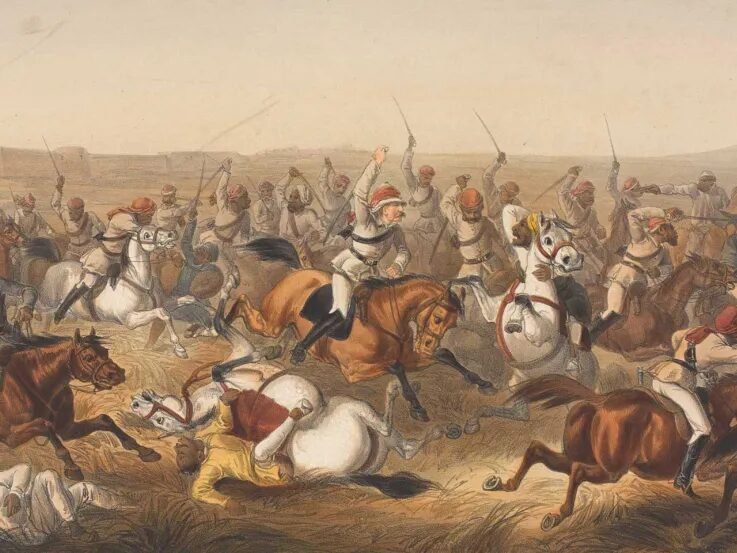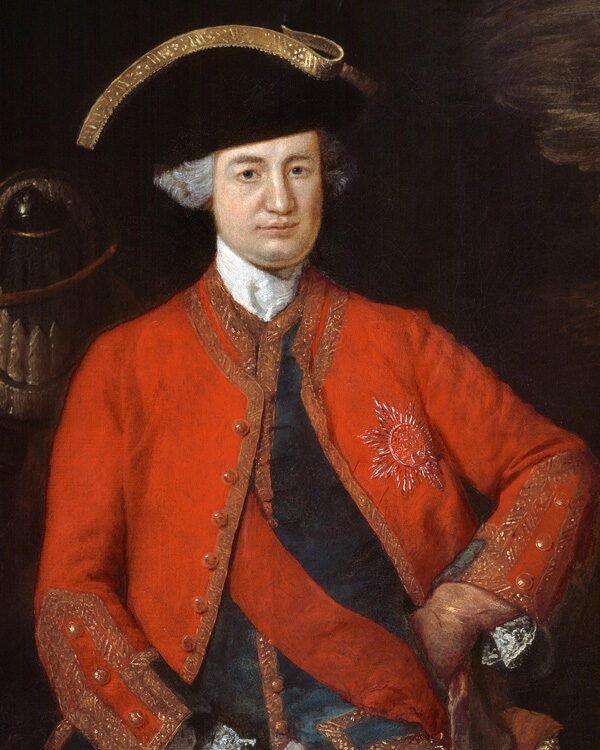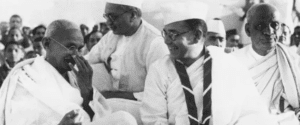
Battle of Plassey
The Battle of Plassey, fought on June 23, 1757, is considered one of the most important battles in Indian history. It marked the beginning of British colonial dominance in India, which lasted for nearly two centuries. This battle allowed the British East India Company to gain control over the rich province of Bengal, setting the stage for its expansion across the subcontinent. The political, economic, and cultural impact of British rule began here, making it a turning point in the history of India.
Background of the Battle
In the mid-18th century, India was a fragmented subcontinent with multiple regional powers. Bengal, a wealthy province, was ruled by Nawab Siraj-ud-Daulah. Tensions arose between the Nawab and the British East India Company over several issues, including:
- Commercial Interests: The British East India Company had become a dominant trading entity, securing major concessions in Bengal. Siraj-ud-Daulah, suspicious of their growing influence, opposed their increasing autonomy and illegal fortifications.
- The Black Hole Incident: In 1756, Siraj-ud-Daulah captured Fort William in Calcutta, imprisoning British soldiers and civilians. This event, known as the Black Hole of Calcutta, further escalated tensions between the two sides.
Key Players
- Robert Clive: The British commander, known for his strategic skills and leadership, played a pivotal role in planning the British campaign.

- Siraj-ud-Daulah: The Nawab of Bengal, a young and inexperienced ruler, faced internal discontent and betrayal within his ranks.
- Mir Jafar: Siraj-ud-Daulah’s commander-in-chief, whose betrayal changed the outcome of the battle. Secretly conspiring with the British, he aspired to become the next Nawab.
Who Won the Battle of Plassey?
The British East India Company, led by Robert Clive, emerged victorious in the Battle of Plassey. Despite being heavily outnumbered, Clive’s strategic planning, combined with internal betrayal within the Nawab’s forces, allowed the British to win the battle. This victory was crucial for the East India Company’s future dominance in India.

Who Lost the Battle of Plassey?
Siraj-ud-Daulah, the Nawab of Bengal, lost the Battle of Plassey. His forces, although significantly larger in number, were poorly organized and riddled with internal treachery. Siraj-ud-Daulah’s defeat marked the end of his reign and paved the way for British control over Bengal.
What Were the Consequences of the Battle of Plassey?
The consequences of the Battle of Plassey were far-reaching:
- Control of Bengal: The British East India Company gained significant control over Bengal’s wealth and resources. Bengal’s riches provided the Company with the financial resources to further expand its influence in India.
- Foundation of British Rule in India: This victory marked the beginning of British political and military dominance in India. Over the next century, the East India Company gradually expanded its rule, eventually taking control of large parts of the Indian subcontinent.
- Mir Jafar’s Role: After the battle, Mir Jafar, the Nawab’s commander-in-chief who had betrayed Siraj-ud-Daulah, was installed as the new Nawab. However, he was merely a puppet ruler under British control.
How Did the British Manage to Win the Battle of Plassey?
The British managed to win the Battle of Plassey through a combination of superior strategy, military tactics, and political manipulation. Some key factors include:
- Smaller, Well-Trained Forces: The British army, although smaller, was well-trained and had better artillery compared to Siraj-ud-Daulah’s forces.
- Strategic Planning by Robert Clive: Clive’s leadership and careful planning enabled the British to exploit weaknesses in the Nawab’s army.
- Treachery by Mir Jafar: A significant portion of Siraj-ud-Daulah’s army, led by Mir Jafar, remained inactive during the battle. This ensured that the Nawab’s forces were significantly weakened.
What Was the Treachery in the Battle of Plassey?
The treachery at the Battle of Plassey played a crucial role in its outcome. Mir Jafar, the commander-in-chief of Siraj-ud-Daulah’s army, had secretly conspired with the British East India Company. In exchange for the promise of becoming the next Nawab, he deliberately withheld his forces from engaging in the battle. This betrayal led to Siraj-ud-Daulah’s defeat and allowed the British to gain control over Bengal with minimal resistance.
The British, despite being heavily outnumbered, won the battle due to these factors. Siraj-ud-Daulah fled the battlefield, only to be captured and later executed.
Battle of Plassey: Why Is It Considered Important in Indian History?
The Battle of Plassey marked the beginning of British colonialism in India, which would last for nearly two centuries. The combination of military strategy, political betrayal, and commercial interests at Plassey set the stage for the East India Company’s rise to power, fundamentally altering the course of Indian history. (Read More About Indian Independence)






